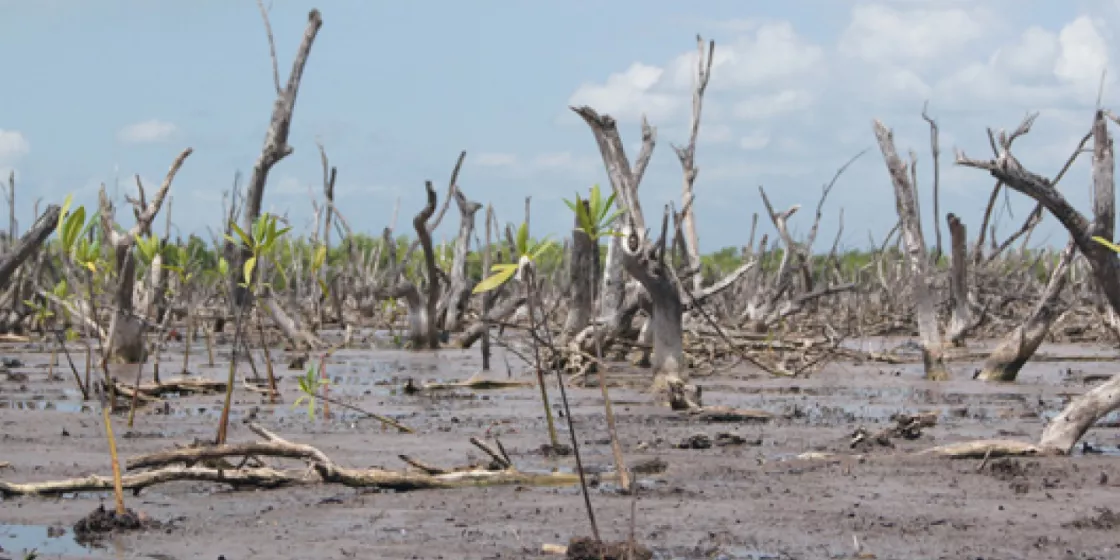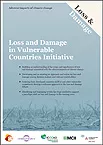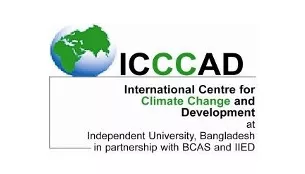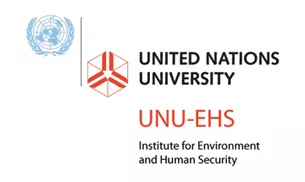About
Accepting the reality of unmitigated climate change, the UNFCCC negotiations increasingly give a profile to the issue of loss & damage of adverse climate impacts. At COP16, Parties created a Work Program on Loss and Damage under the Subsidiary Body on Implementation (SBI). The goal of this work program is to increase awareness among delegates, assess the exposure of countries to loss and damage, explore a range of activities that may be appropriate to address loss and damage in vulnerable countries, and identify ways that the UNFCCC process might play in helping countries avoid and reduce loss and damage associated with climate change. COP18, in December 2012, will mark the next milestone furthering the international response on this issue.
The “Loss and Damage in Vulnerable Countries Initiative” supports the Government of Bangladesh and the Least Developed Countries in their voice to call for action of the international community.
Areas of work:
1: Supporting LDCs in the Loss & Damage negotiations
The Initiative works directly with the Least Developed Country Group in shaping the longer-term strategic agenda on loss and damage, and strengthen the position of LDCs in that agenda. The initiative will focus on supporting policy discussions on loss and damage with ongoing consultations to identify and address the questions of LDCs. The initiative engages with civil society and private sector in creating public pressure on the issue.
2: Engineer the debate
Probing approaches for “beyond adaptation” is unknown territory for humanity. The Initiative aims to provide insights into the policy debate, that will transform the UNFCCC discussion and that will create international action.
One aspect broad into the discussion by the Small Island States by Small Island Development States is the ask to establish an insurance mechanism against climate variability and climate change. The Munich Climate Insurance Initiative – an initiative that brings together academics, private insurer, civil society and development practitioners – explores how to use insurance approaches for vulnerable people in developing countries. Loss & damage also touches on various legal aspects, - from a needed regulation through international law to issues such as human mobility and loss of territory. The initiative will therefore also feature a legal component.
3: Case studies that show loss & damage realities in Least Developed Countries
A major objective of the initiative is to support LDC struggle in the negotiation process by providing scientific insights of the realities from the ground. Case studies in Africa, Asia and Oceania will illustrate the effects of climate change: droughts, floods, desertification, glacier melt, sea-level rise and coastal erosion. The case studies are conducted by the United Nations University, Institute for Environment and Human Security, in cooperation with local research institution in Least Developed Countries. The African Climate Policy Centre of the United Nations Economic Commission for Africa is a further strategic partner.
4: Drive national policy responses to Loss and Damage in Bangladesh
A fourth action area is to drive forward responses to loss and damage within the national context of Bangladesh. Bangladesh is one of the most climate change affected countries in the world (No. 1 on the Germanwatch Climate Risk Index), but at the same time is also a forerunner in implementing own adaptation policies. ICCCAD – the International Centre for Climate Change Adaptation and Development – spearheads technical work to advance various policy elements in Bangladesh on loss & damage, and also to create capacities within the Government of Bangladesh.
The Initiative is part of the Climate Development and Knowledge Network.








